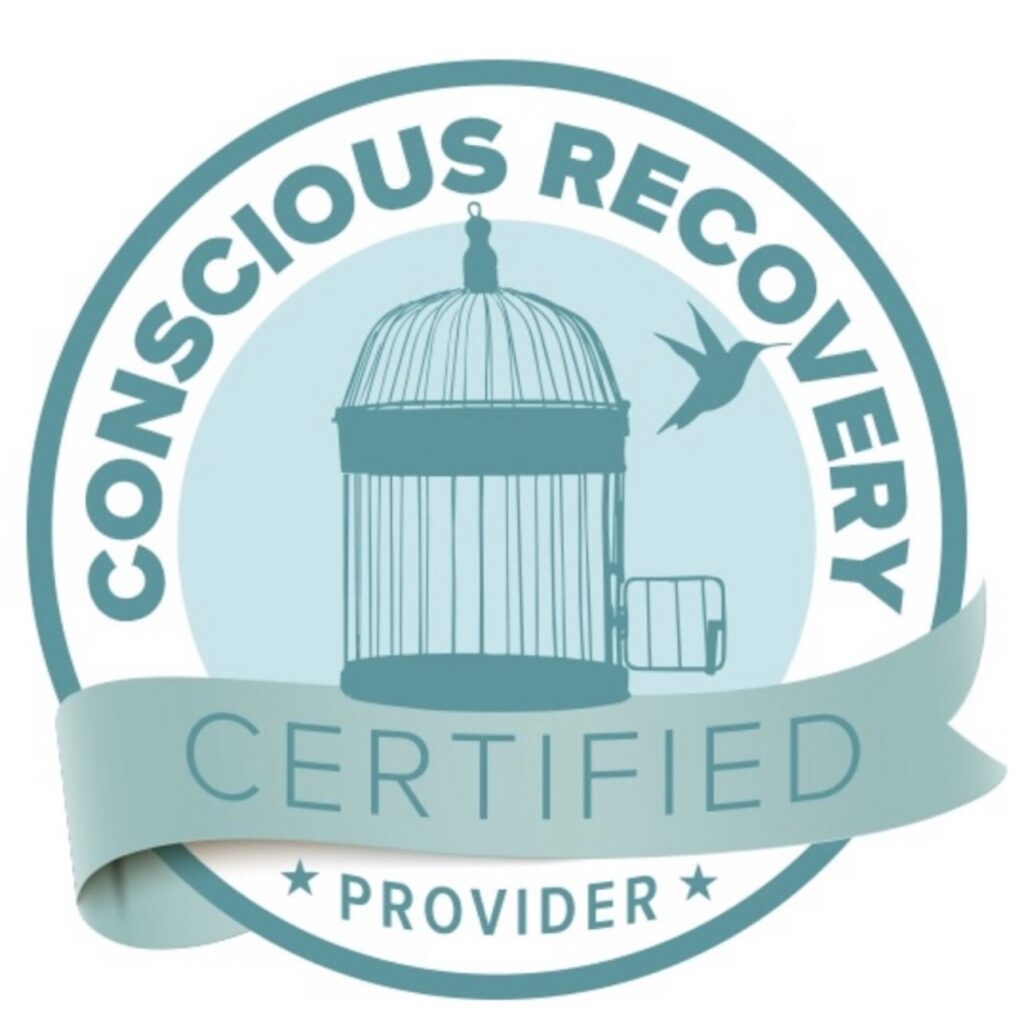Cocaine is a powerful stimulant that affects the central nervous system by intensifying dopamine signaling—producing intense euphoria, energy, and focus. However, repeated use leads to significant neurochemical disruption, and cessation of use, especially after heavy or prolonged exposure, often results in a set of withdrawal symptoms that are predominantly psychological in nature but deeply distressing nonetheless.
Unlike alcohol or benzodiazepines, cocaine withdrawal is rarely life-threatening from a physical standpoint. However, the emotional and psychological impact can be severe and carries a high risk of relapse, particularly in the early stages of abstinence.
How Cocaine Affects the Brain
Cocaine acts by blocking the reuptake of three key neurotransmitters: dopamine, norepinephrine, and serotonin. This blockade causes a buildup of these chemicals in the synaptic cleft, which overstimulates the brain’s reward pathways—especially in the mesolimbic system. Over time, repeated cocaine use alters the brain’s natural dopamine regulation, leading to both tolerance (needing more for the same effect) and dependence (needing it to function normally).
When cocaine use stops, these reward circuits are depleted and dysregulated, leading to withdrawal symptoms that manifest primarily as mood, motivation, and energy disruptions.
Common Symptoms of Cocaine Withdrawal
Unlike substances with severe physical withdrawal syndromes, cocaine withdrawal symptoms are predominantly psychological, though they may also manifest physically in less severe ways:
- Fatigue and Lethargy: Often extreme and sudden, due to dopamine depletion.
- Depression and Dysphoria: A profound lack of pleasure (anhedonia), sadness, and low motivation.
- Cravings: Often intense and triggered by stress, environmental cues, or emotional lows.
- Increased Appetite: A sharp contrast to cocaine’s appetite-suppressing effects.
- Sleep Disturbances: Including hypersomnia (excessive sleep), vivid or disturbing dreams, or insomnia.
- Irritability and Agitation: A common result of frustration over reduced energy and inability to feel pleasure.
- Slowed Psychomotor Activity or Restlessness: Some individuals feel slowed down; others experience physical agitation.
Acute vs. Protracted Withdrawal
Acute Withdrawal Phase:
This begins within hours of cessation and typically lasts 3 to 7 days. The individual may feel a “crash” marked by exhaustion, irritability, depression, and intense cravings. This phase is especially risky for relapse, as the brain’s motivation-reward centers are heavily dysregulated.
Protracted Withdrawal Phase:
After the initial crash, many individuals experience a prolonged phase lasting weeks to months, during which they may have:
- Persistent low mood
- Sleep problems
- Lack of motivation or interest in previously enjoyed activities
- Episodic cravings triggered by environmental or emotional stimuli
This longer phase is often referred to as Post-Acute Withdrawal Syndrome (PAWS) and requires ongoing psychological support and behavioral interventions.
Timeline of Cocaine Withdrawal
The course of withdrawal varies depending on individual physiology, length and intensity of use, and co-occurring mental health issues. A typical timeline looks like this:
- Hours 0–12: Onset of the crash, marked by irritability and sleepiness
- Days 1–3: Peak of acute withdrawal; severe fatigue, mood swings, and craving
- Days 4–7: Symptoms begin to subside slightly, though anhedonia and low energy remain
- Week 2 onward: Ongoing psychological symptoms and potential PAWS
Factors Influencing Severity
- Duration and frequency of use: Chronic users experience more intense withdrawal
- Route of administration: Smoking or injecting cocaine leads to more rapid onset and more intense withdrawal than snorting
- Polysubstance use: Using cocaine alongside alcohol or opioids complicates withdrawal
- Mental health status: Co-occurring depression, anxiety, or trauma may amplify symptoms
Neurochemical Recovery
Cocaine’s disruption of dopamine pathways requires time and support to heal. The body gradually restores its natural ability to produce and regulate dopamine, but this process is slow. It may take weeks or even months before baseline levels of pleasure and motivation return—hence the need for long-term, supportive environments that focus on emotional stabilization and re-engagement with life.
Strategies for Coping with Cocaine Withdrawal
While there are no FDA-approved medications specifically for cocaine withdrawal, supportive measures and holistic approaches can significantly reduce discomfort and promote recovery:
- Therapy: Cognitive Behavioral Therapy (CBT) is especially effective in identifying and reshaping thought patterns associated with drug cravings.
- Exercise: Regular movement supports dopamine regulation and mood stability.
- Nutrition: Replenishing nutrients and maintaining blood sugar levels can stabilize mood.
- Mindfulness Practices: Breathwork, meditation, and sound healing help regulate the nervous system.
- Sleep Hygiene: Reestablishing a healthy sleep cycle is foundational to emotional healing.
The Role of Environment
Healing from cocaine withdrawal is not just biochemical—it’s deeply environmental and psychological. The triggers for use are often embedded in daily life, routines, relationships, and stressors. A private, serene space where these influences are gently removed can provide a crucial reset.
Nature immersion, spaciousness, privacy, and routine create a sense of safety—allowing the brain and body to recalibrate. At Serenity Peak, this philosophy underpins our approach: helping each individual come home to their inner stability through both solitude and guided support.
Summary
Cocaine withdrawal, while not typically dangerous from a medical standpoint, can be psychologically taxing and deeply uncomfortable. The sudden absence of dopamine stimulation results in profound fatigue, dysphoria, and craving. Recovery takes time, patience, and comprehensive care—especially during the vulnerable weeks when motivation is low and emotional regulation is impaired.
With awareness, compassion, and the right environment, healing is not only possible—it can be transformative.
When you’re ready to begin your reset, we are here—confidentially, compassionately, and without judgment. Call (747‑RECOVER) or inquire online to explore a private, holistic path forward.


